Doctor Licensed in the District of Columbia and Virginia Sentenced For Illegally Distributing Controlled Substances
FOR IMMEDIATE RELEASE
Wednesday, March 8, 2023
Case Filed Following Overdose Death of Man in Virginia Last Year
WASHINGTON – Dr. Robert M. Cao, 39, of Lafayette, Louisiana, and previously of Falls Church, Virginia, was sentenced yesterday in the U.S. District Court for the District of Columbia to 15 months in prison for five felony counts of unlawful distribution of a controlled substance outside the scope of his professional practice. Cao pleaded guilty on November 8, 2022 to prescribing various narcotic pain medications in the months and days leading up to an overdose death in Virginia.
The sentence was announced by U.S. Attorney Matthew M. Graves, Special Agent in Charge Wayne A. Jacobs of the FBI’s Washington Field Office Criminal and Cyber Division, and Chief Kevin Davis, of the Fairfax County, Virginia Police Department.
In addition to the prison term, U.S. District Court Judge Tanya S. Chutkan ordered 36 months of supervised release, 100 hours of community service, and ordered that he not hold a job that would give him access to controlled substances.
According to court documents, Cao was licensed to practice medicine in the District of Columbia and Virginia. On at least five occasions in 2021, he knowingly and intentionally wrote prescriptions for oxycodone and hydrocodone for a man identified as “V.C.” These Schedule II controlled substances have a high potential for abuse. Cao provided the narcotic prescriptions to the victim without having any doctor-patient relationship with him, without any physical examination, diagnosis, or treatment plan, and knowing that the victim had no medical condition that would necessitate such prescriptions.
On May 31, 2021, first responders were dispatched to a Fairfax, Virginia residence in response to a 911 call for assistance regarding “V.C.,” after his girlfriend found him cold and non-responsive. He was pronounced deceased under suspicious circumstances.
A subsequent autopsy report documented the cause of death as acute combined oxycodone and ethanol poisoning. On the nightstand next to where “V.C.” was found were prescription bottles, including one containing Percocet (a brand name of the narcotic analgesic oxycodone/acetaminophen) pills filled on May 23, 2021. Cao was the prescribing doctor listed on the bottle.
Court filings also detail text message exchanges between Cao and “V.C.,” including discussions about Cao prescribing narcotic pain medications to “V.C.” in exchange for agreeing to give Cao a kickback of some of the pills he had prescribed, and meetings between the two, including a meeting in a parking lot on the night before the man’s death so Cao could get a portion of the narcotic pills from “V.C.”
“It’s outrageous that someone who had a duty to ‘do no harm’ would turn around and prescribe a medically unnecessary, dangerous drug,” said U.S. Attorney Graves. “People in our country are dying by the thousands from drug overdoses. The defendant was better positioned than most people to know the potential consequences of illegal distribution, yet he nevertheless decided to unlawfully prescribe a drug, regardless of the life-threatening consequences."
"Medical professionals take an oath to do no harm to their patients and public, but in this case, Robert Cao wrote unnecessary prescriptions for highly addictive narcotics,” said Special Agent in Charge Wayne A. Jacobs, of the FBI Washington Field Office's Criminal and Cyber Division. “As demonstrated by this investigation, the risks presented by opioid diversion outside of proper clinical practice are such that even a few illicit prescriptions can prove fatal. Along with our partners, we will continue our mission of bringing those who disregard patient safety and well-being by operating such criminal schemes to justice.”
As detailed in court documents, Cao took several steps to avoid detection from law enforcement and regulatory authorities. For example, he advised the victim not to create a paper trail, and to fill the prescriptions at times when they were least likely to be questioned by pharmacies. Cao also hid the pad that he used to write the man prescriptions, which Cao took from a District of Columbia cosmetic office where he previously worked, at his home inside a hollowed-out container made to look like a diary.
After learning of the victim’s untimely death, Cao created fraudulent backdated medical records to make it appear that Cao had provided legitimate prescriptions to the victim as part of a lawful doctor-patient relationship.
This case was investigated by the FBI’s Washington Field Office and the Fairfax County Police Department.
The case was prosecuted by Assistant U.S. Attorneys Anne P. McNamara and Christine Macey of the U.S. Attorney’s Office for the District of Columbia.

